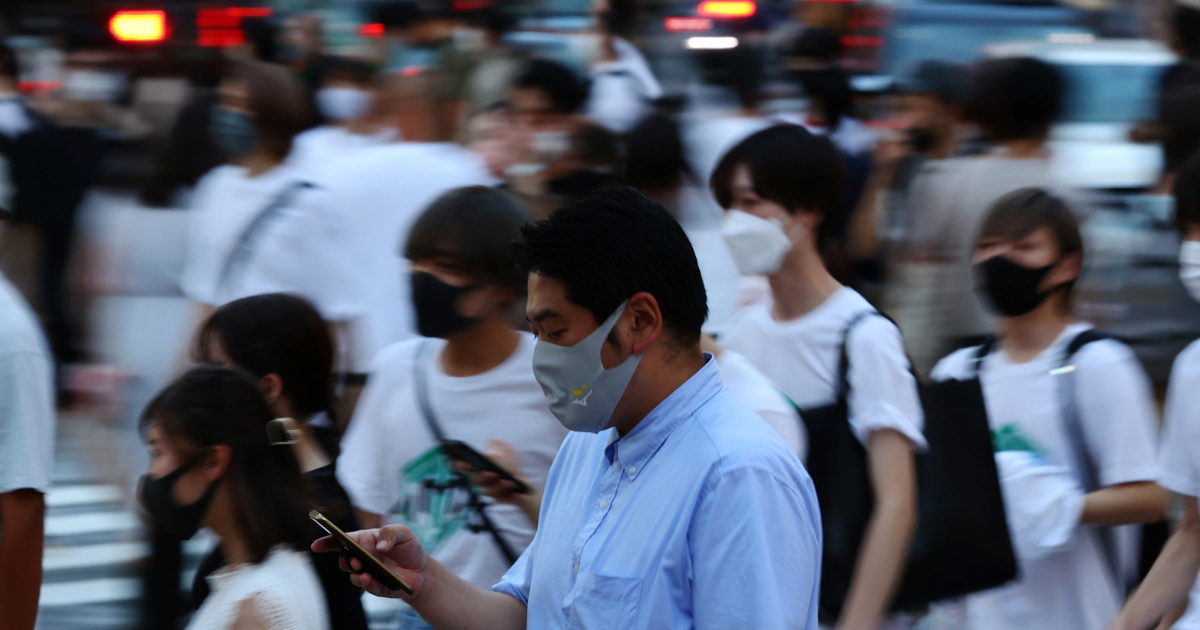New infections in Tokyo surged to a record high of 4,058, a day after Japan decided to extend states of emergency.
Newly reported COVID-19 cases in Olympic host city Tokyo surged to a record high of 4,058 on Saturday, exceeding the 4,000-mark for the first time and overshadowing the Summer Games.
Nationwide cases totalled 12,341 as of 6:30pm (09:30 GMT), public broadcaster NHK said, the highest for Japan and up 15 percent on the day, underscoring a rapid rise in infections across the country.
The new records come a day after Japan decided to extend states of emergency to three prefectures near Olympic host Tokyo and the western prefecture of Osaka to the end of August in light of the recent spike in infections.
Emergency measures will remain until after the Olympics and well into the Paralympic Games which start on August 24.
Amid intensifying concerns, Tokyo Olympics organisers said on Saturday they had revoked the accreditation of games-related people for leaving the athletes’ village for sightseeing, a violation of measures imposed to hold the Olympics safely amid the pandemic.
The organisers did not disclose how many people had their accreditation revoked, whether they were athletes, or when the violation took place.
This is the first time accreditation has been revoked since the start of the Tokyo Olympics on July 23. Without it, a person cannot enter any Olympic facilities.
Residents of the athletes’ village are not allowed to go out for purposes not related to games, such as sightseeing.
Meanwhile, officials have warned Tokyo’s daily infections may hit 4,500 within two weeks.
The government’s top coronavirus adviser has also warned against overburdening the health system in light of the rapid increase in the number of infections and the spread of the Delta variant.
The Japanese government is relying on the cooperation of the population. Hard curfews have never been imposed in Japan since the beginning of the pandemic.
The government has repeatedly urged citizens to stay at home and watch the Olympic Games on TV. In addition, an appeal has been made to younger people to get vaccinated against the virus, as most Japanese aged above 65 have already been inoculated.
The country has kept its cases and deaths lower than many other countries, but its seven-day rolling average is growing and now stands at 28 per 100,000 people nationwide and 88 per 100,000 in Tokyo, according to the health ministry.
This compares with 18.5 in the United States, 48 in Britain and 2.8 in India, according to data from Johns Hopkins University.
